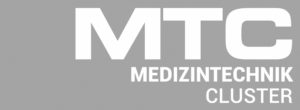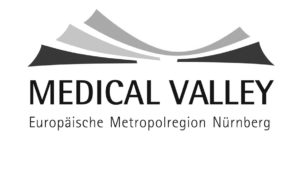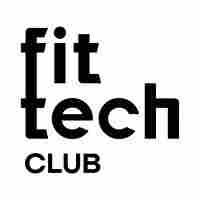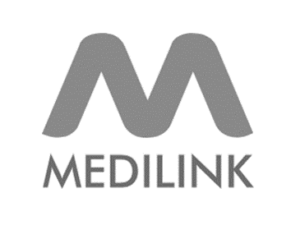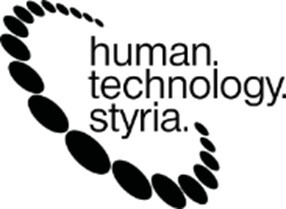The key HealthTech advances expected in gastroenterology for 2025 center around the integration of artificial intelligence (AI), digital health technologies, wearable devices, and minimally invasive diagnostic tools. These innovations aim to improve diagnostics, personalize treatment, enhance patient monitoring, and streamline clinical workflows.
Major advances
Artificial Intelligence and Machine Learning
AI algorithms are increasingly used to enhance diagnostic accuracy, especially in analyzing colonoscopy and endoscopic images for early detection of colorectal cancer and other GI abnormalities in real-time. AI also facilitates predictive analytics for disease risk stratification and personalized treatment planning. This technology supports automated quality assessment and interpretation, improving clinical decision-making and workflow efficiency.
Telemedicine and Remote Monitoring
Expanded telemedicine platforms allow remote patient consultations, improving healthcare access. Coupled with wearable devices and smartphone apps, these digital health tools enable continuous remote monitoring of gastrointestinal symptoms and physiological parameters such as pH, pressure, and temperature within the GI tract. This facilitates timely interventions and personalized care especially for chronic conditions like inflammatory bowel disease (IBD) and irritable bowel syndrome (IBS).
Advanced Endoscopic Imaging and Therapeutics
Innovations in endoscopic technologies such as high-definition imaging, narrow-band imaging (NBI), confocal laser endomicroscopy (CLE), volumetric laser endomicroscopy (VLE), and third-space endoscopy improve visualization, diagnosis, and minimally invasive treatment of GI conditions. Endoscopic suturing, stenting, and ablative therapies are increasingly refined to reduce risks and hospitalization times.
Wireless Capsule Endoscopy and Ingestible Devices
Capsule endoscopy, a non-invasive method involving swallowing a miniature camera, allows comprehensive examination of the small bowel with greater patient comfort. Latest capsules incorporate sensors to gather detailed physiological data, enabling diagnosis and monitoring of obscure GI bleeding, Crohn’s disease, and motility disorders. Emerging ingestible devices integrate drug delivery and biosensing for targeted and personalized therapies.
Precision Medicine and Biomarker-driven Therapies
Molecular and microbiome profiling combined with AI enhance personalized treatment approaches, tailoring therapies to individual genetic and microbial profiles. This is particularly impactful in complex, heterogeneous disorders like IBD and IBS, improving therapeutic efficacy and reducing side effects.
This convergence of AI, digital health, advanced diagnostics, and personalized medicine represents a transformative shift in gastroenterological care anticipated in 2025, making it more efficient, accurate, and patient-focused.
Upcoming Forums
7th International Conference on Gastroenterology and Liver Diseases (Paris, Sep 2025)
World Congress of Gastroenterology and Digestive Diseases (Barcelona, Sep 2025)
will highlight these evolving innovations, indicating strong field-wide momentum.
Advances in Medical Endoscopy Overview
Artificial Intelligence and Machine Learning
- Real-Time Image Analysis: AI technologies are being integrated to provide real-time image analysis, aiding in the identification of abnormalities and early signs of cancer with high accuracy.
- Predictive Analytics: Machine learning algorithms can analyse historical data to predict patient outcomes and suggest personalized treatment plans, improving overall care.
All advancements in medical Endoscopy ollectively represent a transformative shift promising improved patient outcomes through enhanced accuracy, safety, and efficiency in procedures.
Most of applied technology matches with medical device functionality and health applications.
The evolution will be driven by:
- Minimally Invasive Procedures
- Wireless and Remote-Controlled Instruments
- Capsule Endoscopy
Key Advances in Robotic-Assisted Endoscopy
The adoption of robotic-assisted endoscopy faces challenges such as cost-effectiveness, system complexity, and limited commercial availability of devices. However, ongoing research into wireless power transmission, augmented reality integration, and cost-efficient designs is expected to address these barriers.
- Enhanced Precision and Therapeutic Capabilities
- Integration with Artificial Intelligence (AI)
- Innovations in Robotic Platforms
- Improved Instrumentation and Imaging
- Eye-tracking technology
- Combination of robotics with advanced imaging modalities
Artificial Intelligence and Machine Learning
- Real-Time Image Analysis: AI technologies are being integrated to provide real-time image analysis, aiding in the identification of abnormalities and early signs of cancer with high accuracy.
- Predictive Analytics: Machine learning algorithms can analyse historical data to predict patient outcomes and suggest personalized treatment plans, improving overall care.
Conclusion
In summary, the most impactful HealthTech advances in gastroenterology in 2025 will be driven by AI-enabled diagnostics, telemedicine coupled with wearable monitoring, minimally invasive therapeutic endoscopy, and precision medicine approaches to tailor patient care.






